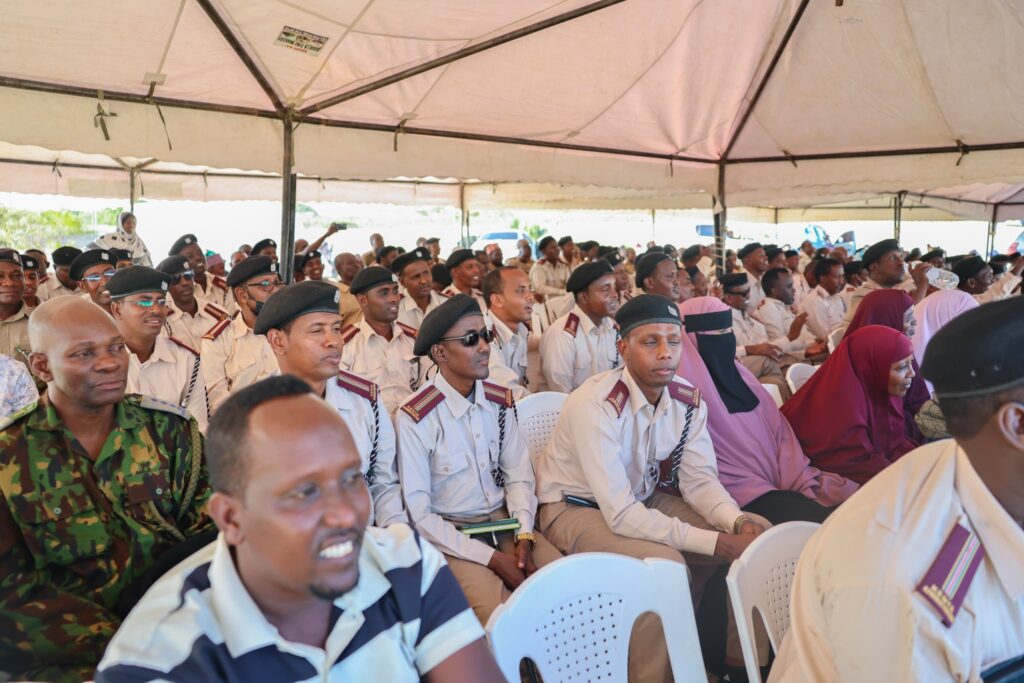Muslim female chiefs in Garissa have appealed to the government to provide them with tuk tuks or small cars such as the Suzuki Alto, citing cultural and religious restrictions that prevent them from riding motorbikes.
The chiefs voiced their concerns during the Jukwaa la Usalama forum hosted by Interior Cabinet Secretary Kipchumba Murkomen. They explained that limited public transport often forces them to arrive late at work, compromising their ability to respond promptly to community issues.
“We are not allowed to ride on motorbikes, so our able CS, with all due respect, we want you or the President to look into providing us at least tuk tuks or Alto so that we have something to drive,” one chief said.
She noted that when emergencies arise, they often rely on hiring vehicles or waiting for public transport, which may be delayed or unavailable. “Currently, if a problem arises in your jurisdiction, you must make calls for public transport to pick you up and you pay fare. You will be late on your job because sometimes the vehicle has a problem,” she added.
The chiefs emphasized that while Islam upholds the equality of women and men, it also strongly emphasizes modesty and dignity. Riding on motorbikes, they explained, exposes them to windy conditions and the risk of accidents, which could compromise that dignity.
Responding to broader issues, CS Murkomen assured residents that Garissa remains peaceful, noting that cross-border threats from Somalia have been contained through collaboration between security agencies and local communities. He stressed that security and development go hand in hand, citing upcoming infrastructure projects in the county.
He also confirmed the government’s commitment to advancing the Shirika Plan, which aims to boost opportunities for both host communities and refugees in Garissa following donor funding cuts.
Garissa hosts the Dadaab Refugee Complex, which has recently been upgraded to a municipality, with more infrastructure projects planned to enhance livelihoods.

